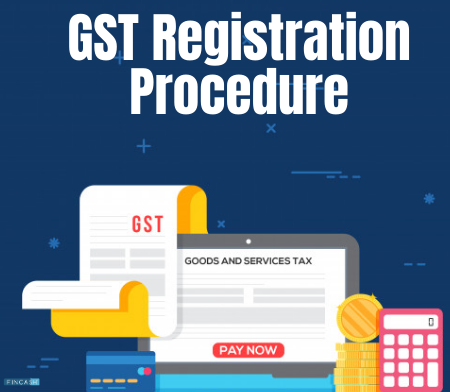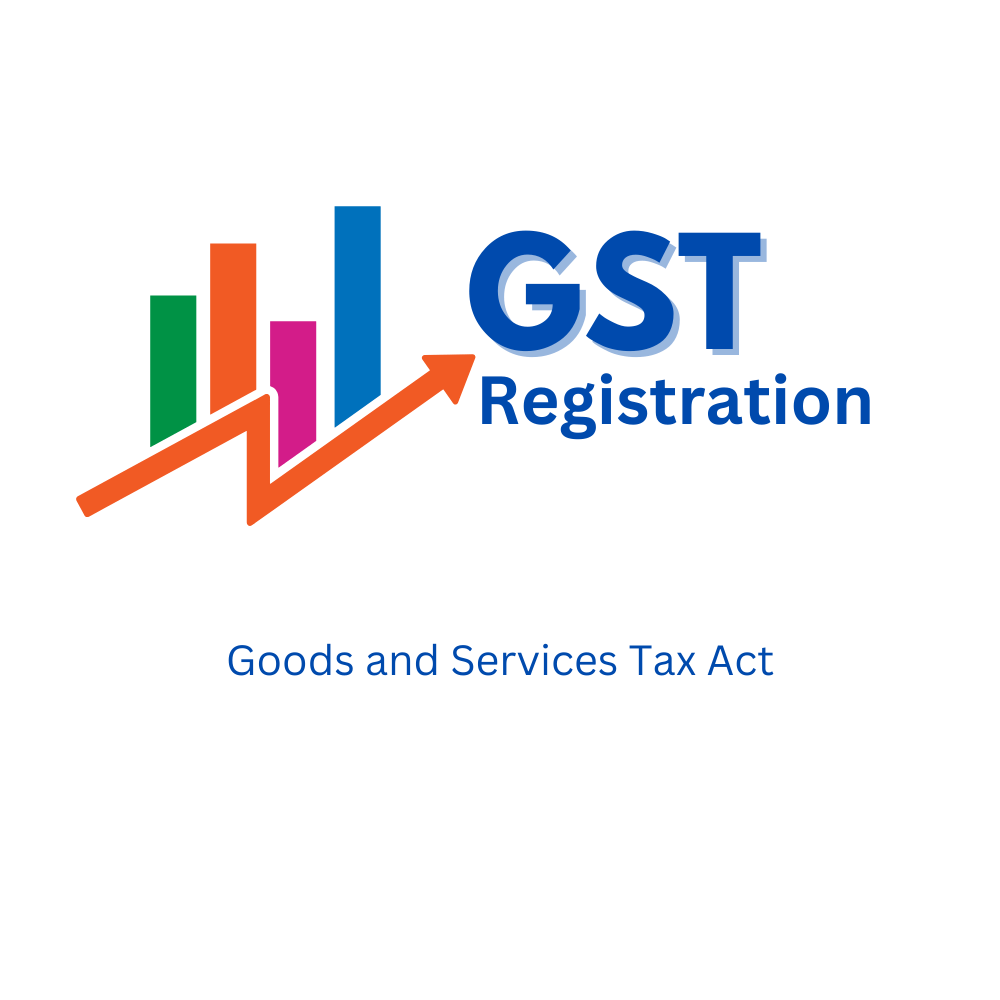Step-by-Step Process for Singapore GST Registration Explained
Step-by-Step Process for Singapore GST Registration Explained
Blog Article
The Ultimate Guide to Streamlining the GST Registration Process and Demands for Local Business Owners

Understanding GST Essentials
To comprehend the basics of the Product and Provider Tax Obligation (GST) system, small company owners need to initially understand its underlying concepts and effects. GST is a value-added tax obligation levied on many items and solutions for domestic consumption. It intends to streamline the taxation procedure by replacing multiple indirect tax obligations enforced by the state and central federal governments. Under the GST routine, services are required to sign up and collect tax obligation in behalf of the federal government, making certain openness and compliance.
One of the key concepts of GST is input tax obligation credit report, which allows businesses to declare credit scores for taxes paid on their purchases. This mechanism prevents the cascading effect of taxes and promotes effectiveness in the tax obligation system. Additionally, GST is a destination-based tax obligation, suggesting that the tax is levied at the point of consumption rather than the factor of beginning. This makes sure reasonable distribution of tax profits amongst states based on where the goods or services are eaten. Comprehending these fundamental concepts is important for small service owners to navigate the intricacies of the GST system and guarantee conformity with the law.
Qualification Criteria for Enrollment
Having actually established a foundational understanding of GST concepts, little company owners need to now satisfy particular eligibility requirements to continue with the enrollment process (Singapore GST Registration). Services that were signed up under the previous tax program (VAT, service tax, and so on) are likewise mandated to register under GST. Farming businesses that only provide produce out of primary production are exempt from GST enrollment.
Documents Needed for GST Registration

Simplified Enrollment Process Steps
Complying with the collection and confirmation Check This Out of the requisite papers, the enrollment procedure for GST can be navigated through a collection of simplified actions created to promote efficient compliance for tiny service owners. Upon successful verification, an Application Recommendation Number (ARN) is issued, suggesting the conclusion of the GST registration procedure. By complying with these streamlined actions, little company owners can efficiently sign up for GST and guarantee conformity with tax regulations.
Tips for Ensuring Conformity
To maintain regulatory adherence and functional honesty, thorough oversight and aggressive measures are critical in making certain conformity with GST demands for tiny service proprietors. Small business proprietors have to remain upgraded with GST regulations, filing due dates, and any kind of adjustments in tax prices to avoid charges and maintain a great standing with tax authorities. Attending GST recognition workshops or training programs can improve understanding and compliance with GST regulations, eventually benefiting the company in the lengthy run.
Final Thought
Finally, small company owners need to understand the fundamentals of GST, fulfill the qualification requirements, collect required papers, and comply with the streamlined enrollment process actions to ensure compliance. By simplifying the GST enrollment procedure and requirements, little company owners can stay clear of penalties and operate their read this article businesses smoothly within the lawful framework - Singapore GST Registration. It is essential for tiny service owners to remain compliant and educated with GST guidelines to maintain an effective service procedure
Little organization proprietors seeking GST registration must guarantee they collect and submit the needed documents to complete the enrollment procedure effectively. The documents required navigate here for GST registration commonly consist of evidence of organization enrollment or unification, PAN (Long-term Account Number) card of the company entity, address and identity evidence of the promoters/partners/directors, pictures, address proof of the location of organization, bank account declarations or canceled cheques, and permission forms. Going to GST understanding workshops or training programs can enhance understanding and compliance with GST laws, ultimately benefiting the company in the long run.
By simplifying the GST registration process and requirements, little business owners can prevent fines and run their organizations smoothly within the lawful framework. It is crucial for small business proprietors to remain compliant and educated with GST laws to maintain a successful company operation.
Report this page